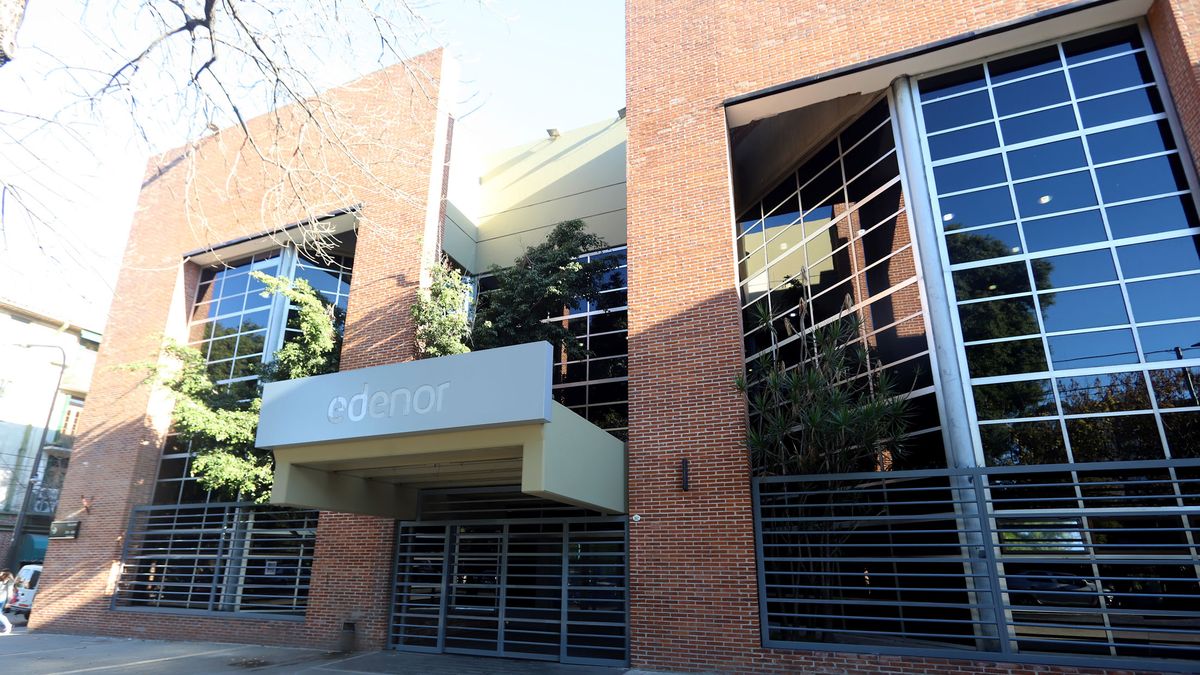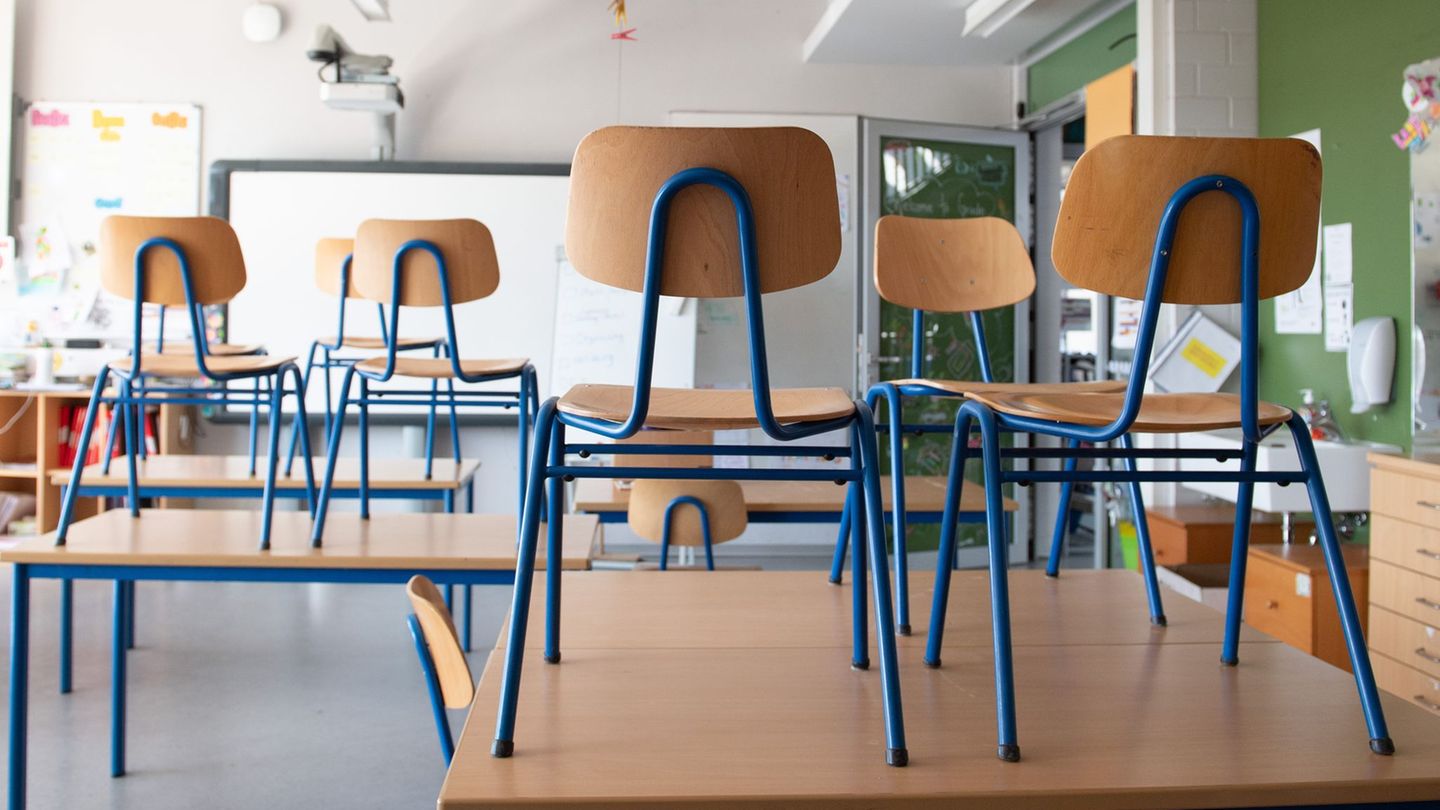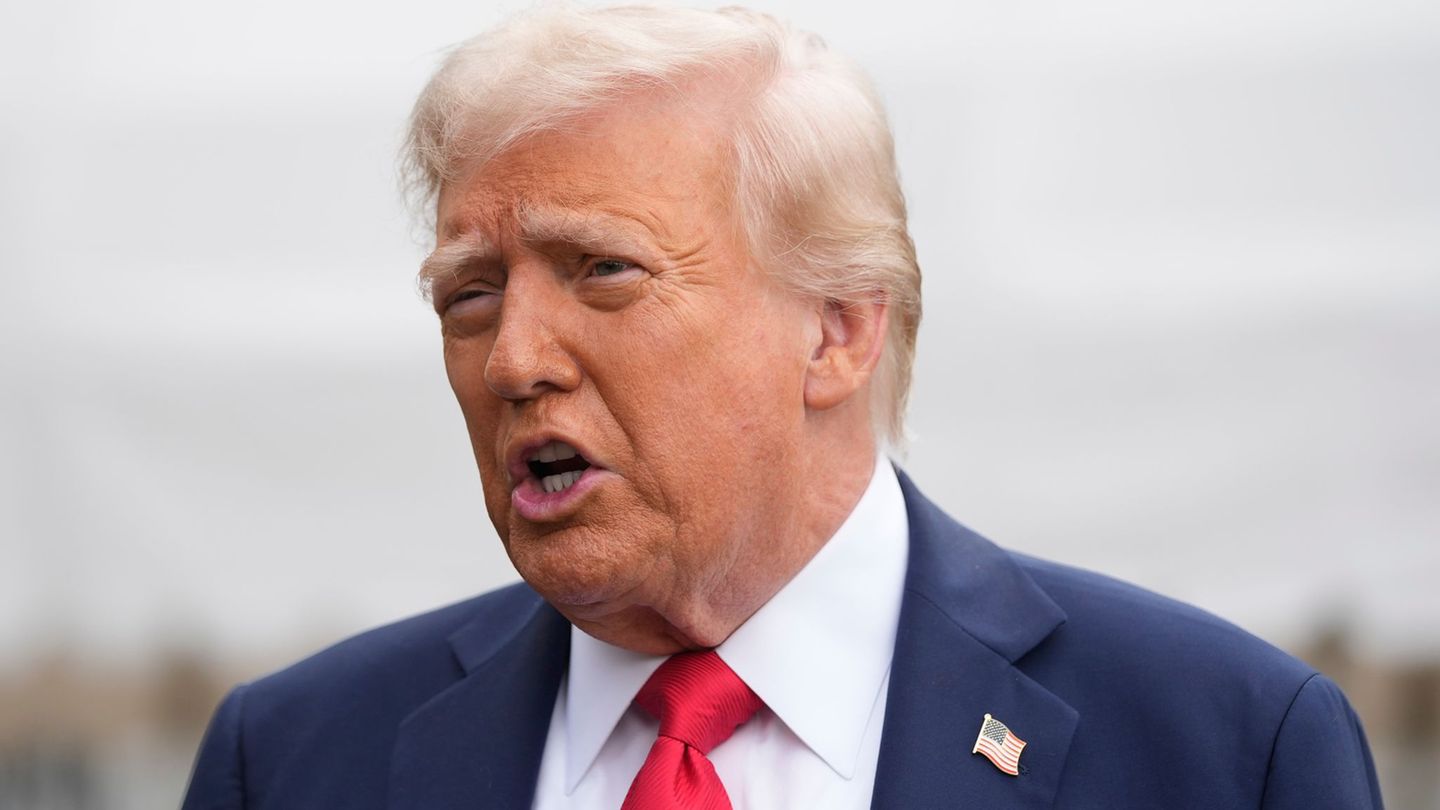There, they stated that, “to determine the value of the rates, it is necessary to know and thoroughly review what the costs of gas production and electricity generation are”, and indicated that “a handful of energy companies have received extraordinary profits since 2016 product of the dollarization of gas and electricity prices”, which implied “a fabulous transfer of resources from citizens and the productive apparatus to a small handful of companies”.
In the text of an advance request through a press release, the signatory entities and organizations maintained that “removing subsidies to carry out a rate increase without thoroughly analyzing the real costs of the companies implies consolidating a policy that has been detrimental to the Argentine people”.
Starting tomorrow, the Government will carry out three successive public hearings to define the new prices that will govern as of June 1 for natural gas at the wellhead and for the seasonal cost of electricity generation, as well as a tariff segmentation that will allow reduce the weight of energy subsidies in public accounts.
In this framework, entities and organizations pointed out that “the pockets of Argentines cannot support another increase in rates” and affirmed that the same energy companies that have benefited from “extraordinary profits” since 2016 “were the second sector of the Argentine economy that He fled dollars lent by the IMF itself to tax hideouts abroad, according to the official BCRA report of 2020.
“The price of energy is one of the central witness values of the economy. Therefore, electricity and gas rates must have a reasonable value, with reasonable levels of business profits. It is essential that there are not a few that concentrate a lot of profit, and millions of poor Argentine men and women with unpayable rates”. they remarked.
In this context, they asked President Alberto Fernández and the Minister of Economy, Martin Guzman, “avoid a new rate increase that falls on citizens” and analyzed that “the opposite would mean a setback in the policy of recomposition of income to the middle and popular sectors that the Government tries to carry out to moderate the effects of inflation in the pockets of Argentines”.
For its part, the National Federation of Tenants expressed in a statement that “nine million tenants cannot bear the increase in rates” in the context of “the extremely serious situation that those of us who rent housing are going through.”
The federation chaired by Gervasio Muñoz pointed out that the increase would lead to “paying unattainable rates” to tenants. “It is urgent that the economic plan of the national government be at the service of those who cannot make ends meet. Although the segmentation does not take into account the tenants, we exist. The increase in rates will only make it much more difficult to pay the rents Munoz concluded.
Source: Ambito
David William is a talented author who has made a name for himself in the world of writing. He is a professional author who writes on a wide range of topics, from general interest to opinion news. David is currently working as a writer at 24 hours worlds where he brings his unique perspective and in-depth research to his articles, making them both informative and engaging.




